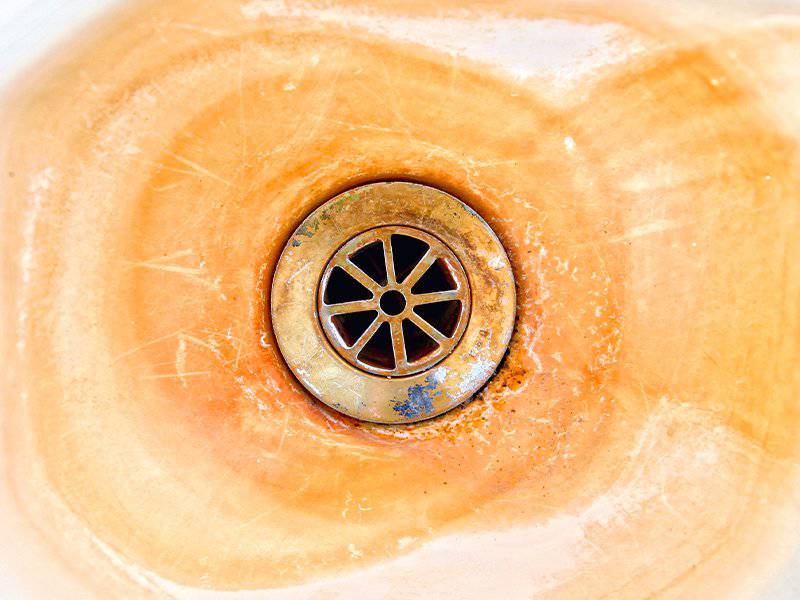 ENGLISH
ENGLISH
 ENGLISH
ENGLISH
In an adsorption flow-through filter, special materials called adsorbents are responsible for the entire water treatment process. Unlike in gravity filters where water is pushed through the system by its own weight, the main driving force in undercounter filters is the water pressure.
In such filters, water passes through several stages of filtration: from mechanical pre-treatment (large insoluble particles) to fine filtration (soluble organic and inorganic compounds).
As a rule, a POU flow-through water filtration system is installed in the kitchen under the sink and connected to the water pipe (that’s why it refers to the general category of under-sink systems). The filter comes with a separate tap and replaceable cartridges. You can easily replace them yourself in the AQUAPHOR Crystal and Pro series.
High-quality under-counter adsorption filter removes unpleasant taste and smell of water, ensures protection against chlorine and anthropogenic pollutants.
The price of a filter depends on its performance, the number of cartridges, and the frequency of their replacement.
A flow-through adsorption filter removes contaminants dissolved in water with the special material — adsorbent.
In water treatment, activated carbon is the most common adsorbent. Carbon easily deals with chlorine and organochlorine, pesticides, oil products, etc. In under-counter systems, it takes the form of a dense carbon block.
There are other types of adsorbents: for example, ion-exchange resin, which reduces the water hardness by exchanging ions of Ca and Mg for the “neutral” Na.
AQUAPHOR filters also have a specially designed ion-exchange fiber for the heavy metals removal.
Fine filters combine a variety of sorbents and technologies to accommodate different needs and tap water problems.

Some models of the AQUAPHOR filters with activated carbon were tested for the ability to remove medicine residues from water. It is important since they do not disappear without a trace, but enter water bodies, and then public water supply.
Hormones and antibiotics are best removed by adsorption filters.

Particles of rust (iron oxide) are pretty large, and if there are a lot of them, the carbon block will get clogged. Increased dirt holding capacity is achieved due to the AQUAPHOR Pro cartridges. The layers of carbon mixture there are arranged in a special way. Compared to standard systems, the filter life in the Pro series is increased by approximately 20%.

Some flow-through filters include hollow fiber (HF) cartridges for antibacterial protection. The diameter of holes in the material is several times smaller than that of bacteria and cysts. It is safe to drink water after AQUAPHOR ECO series filters without boiling.